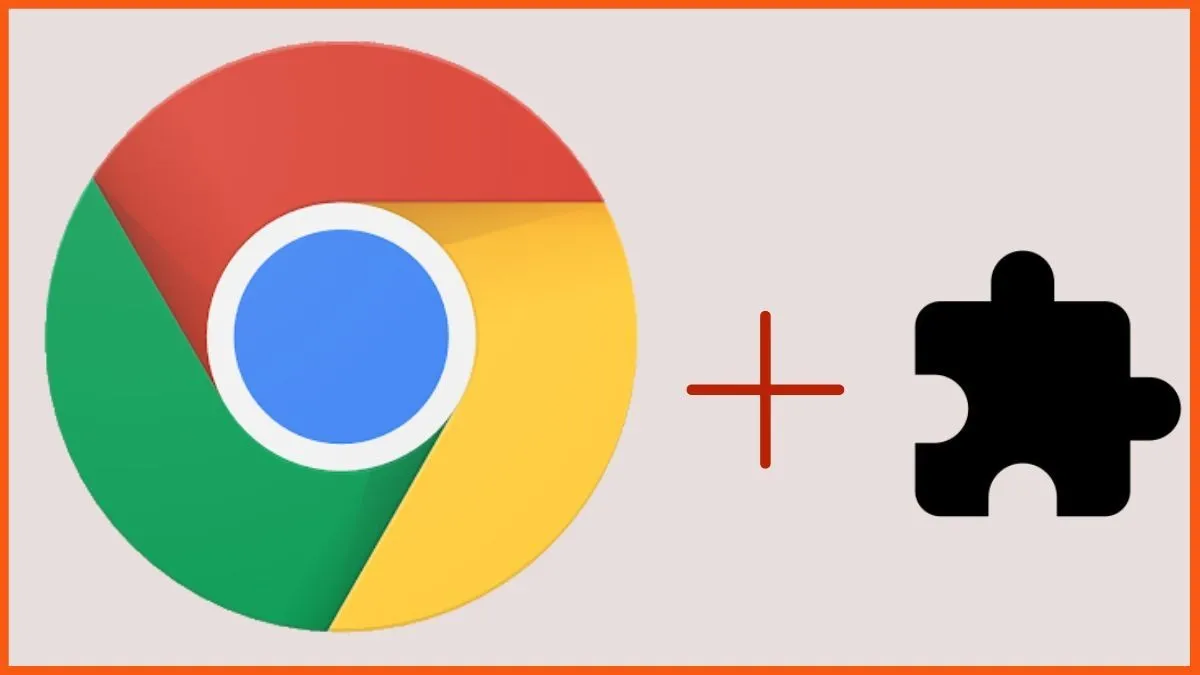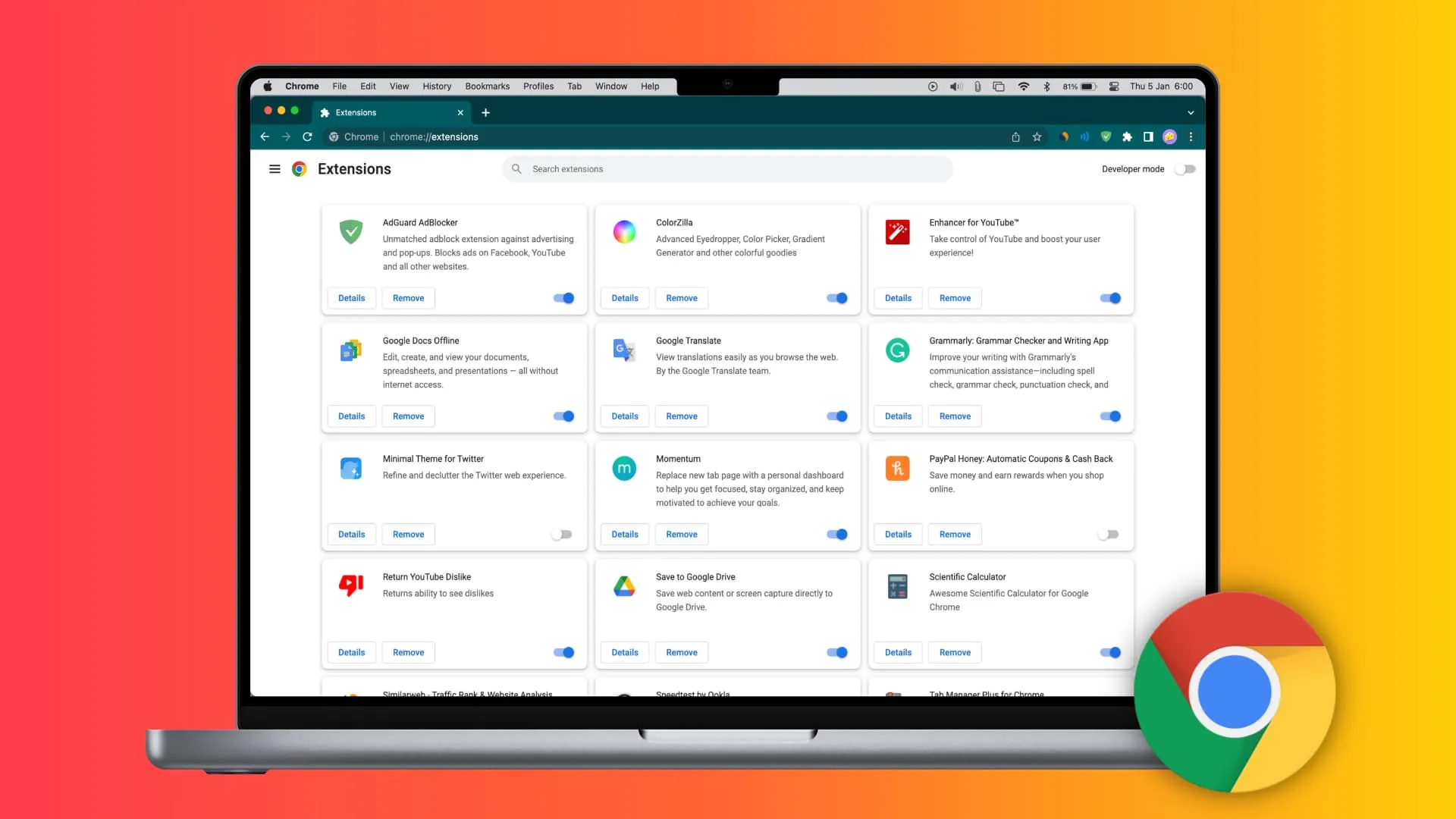While many enjoyed the festive cheer of Christmas Eve, cybercriminals were exploiting the holiday spirit as an opportunity to breach digital security. A recent surge in Chrome extension hijacks has caught many by surprise, with hackers utilizing sophisticated phishing attacks to gain control over users’ data.

The Cyberhaven Incident: A Wake-Up Call for Digital Vigilance
The first sign of trouble emerged when Cyberhaven, a data protection firm, reported a breach on December 24. The CEO of Cyberhaven, Howard Ting, detailed the incident on the company’s blog, stating, “On December 24, a phishing attack compromised a Cyberhaven employee’s credentials to the Google Chrome Web Store.” The attackers swiftly published a malicious version of the company’s Chrome extension. Fortunately, the security team responded quickly, detecting the compromise by the next day and removing the harmful software within an hour.
This incident highlighted the vulnerability of Chrome extensions, a popular tool among internet users, to cyber threats. Ting noted that the malicious code was active briefly but long enough to pose a significant threat, affecting those whose browsers auto-updated during the attack window.
A Broader Issue: Other Extensions Compromised
However, the Cyberhaven incident was not an isolated case. Jaime Blasco, co-founder of Nudge Security, shared with Reuters that other extensions had fallen victim to similar attacks. This suggests a broader, more organized campaign against Chrome users. Some of the compromised extensions identified include:
- Internxt VPN – Free, Encrypted & Unlimited VPN
- VPNCity – Fast & Unlimited VPN | Unblocker
- Uvoice
- ParrotTalks
These extensions are used by tens of thousands, highlighting the scale and potential impact of such attacks.

The Role of Vigilance and Quick Response
The quick detection and response by Cyberhaven’s security team were crucial in mitigating the damage. Users of the affected extensions were promptly notified, and steps were taken to secure the software. The event underscores the importance of timely updates and vigilant monitoring of software integrity, especially for tools that handle sensitive information.
How Users Can Protect Themselves
For users, the rise in extension hijacks serves as a stark reminder of the need for digital hygiene:
- Regularly update your browser and extensions to patch any vulnerabilities.
- Verify the authenticity of any extension you install.
- Be wary of unsolicited communications that ask for your credentials.
- Consider a password reset if you suspect your data might be compromised.

As we navigate an increasingly complex digital landscape, the security of browser extensions can no longer be taken for granted. The incidents reported highlight a growing area of concern that requires both user awareness and robust security measures. Keeping digital gateways secure is imperative to safeguarding personal and professional data against the evolving tactics of cybercriminals.









